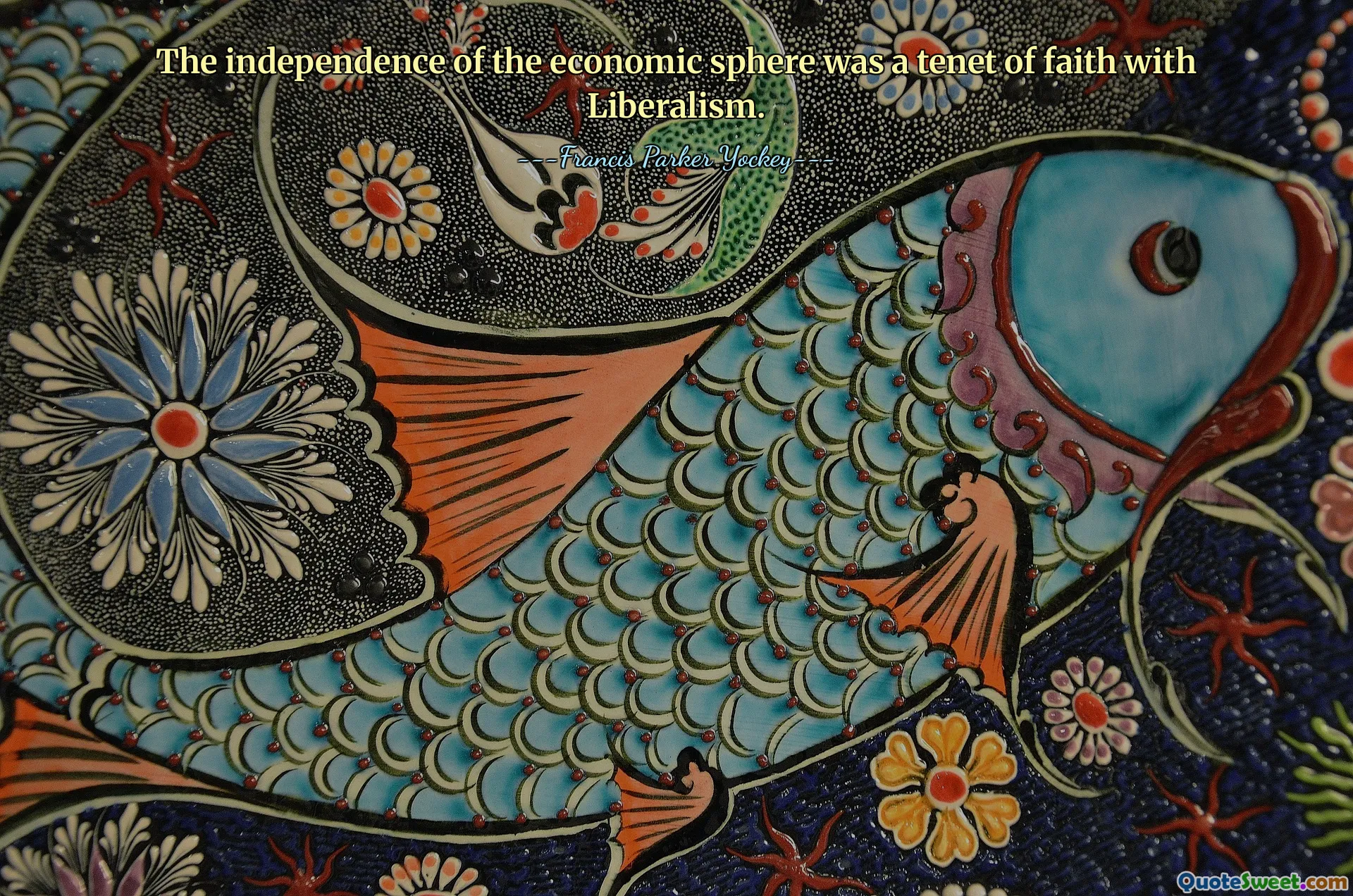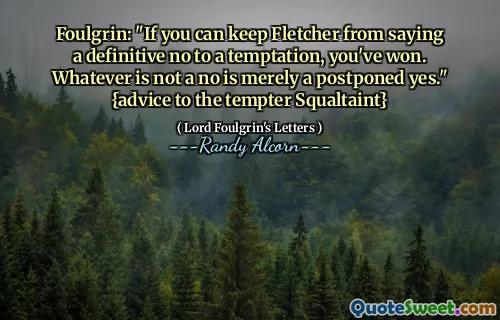
The independence of the economic sphere was a tenet of faith with Liberalism.
Liberalism as an ideological framework emphasizes the importance of individual freedoms, free markets, and minimal government intervention. The assertion that economic independence is a core tenet underscores the belief that economic activities should operate free from undue control or influence by external authorities, such as the state or other institutions. This principle advocates for open markets, private enterprise, and competitive exchange as pathways to individual prosperity and societal progress. From a philosophical perspective, this independence is seen as essential for fostering innovation, encouraging entrepreneurship, and ensuring that consumers and producers alike have the freedom to make choices aligned with their interests.
However, while this focus on economic independence aims to create a fair and dynamic society, it also raises questions about the potential for inequality, market failures, and the neglect of broader social responsibilities. The idea that markets are self-regulating has been challenged by circumstances where unchecked capitalism can lead to monopolies, exploitation, or neglect of social welfare. Historically, liberal democracies have grappled with balancing economic freedom with regulation to prevent such excesses.
On a broader scale, this emphasis on economic independence reflects a worldview where individual agency and market forces are trusted to bring about societal good. Nevertheless, it also invites reflection on whether such independence is entirely attainable or desirable without social safety nets and regulatory oversight. Ultimately, this quote highlights the centrality of economic liberty within liberal thought, but it also implicitly questions the limits and responsibilities accompanying such independence.
---Francis Parker Yockey---











